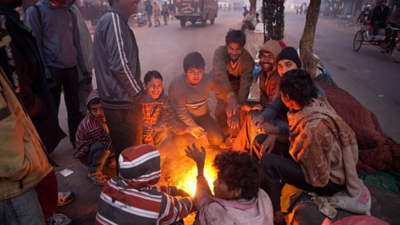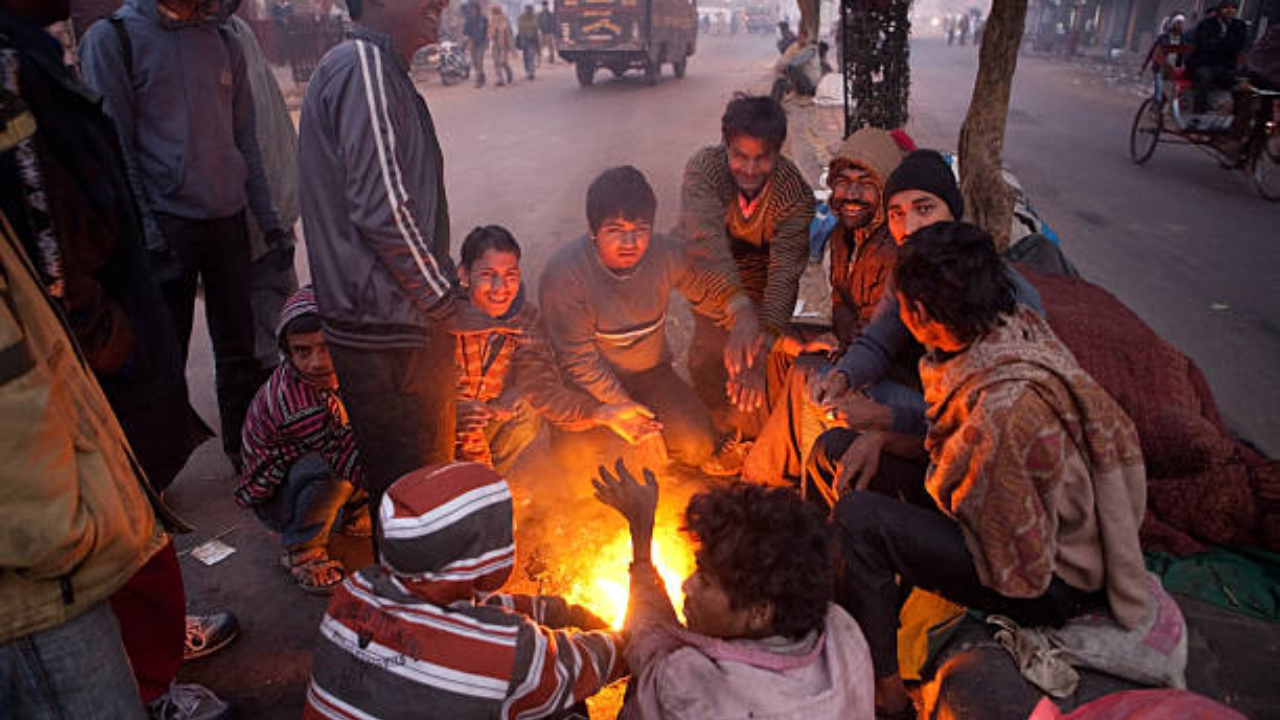Dense fog conditions are likely to prevail in Delhi NCR, according to the India Meteorological Department. An orange alert was issued regarding the same. Air quality monitoring stations in Delhi have reported concerning pollution levels across the city. According to CPCB data, the AQI of the national capital recorded 285. The Delhi-NCR received rainfall on Saturday evening.
According to the India Meteorological Department, the minimum temperature at Delhi’s Palam has been recorded at 9.6 degrees Celsius and meanwhile, the minimum temperature recorded at Safdarjung recorded 9.4 degrees Celsius today.
How can this impact human health?
Fog consists of tiny water droplets suspended in the air, often trapping pollutants like dust, smoke, and harmful gases near the ground. This increases exposure to airborne toxins, particularly in urban areas. The reduced visibility also raises the risk of road accidents, causing injuries and stress-related conditions.
An AQI rating in the “poor” category indicates high levels of pollutants such as particulate matter (PM2.5 and PM10), carbon monoxide, sulfur dioxide, and nitrogen oxides. Prolonged exposure can irritate the eyes, throat, and lungs, leading to coughing, shortness of breath, and worsened asthma or bronchitis. Environmental conditions as such pose severe risks to children, the elderly, and those with pre-existing respiratory or cardiovascular issues, potentially triggering heart attacks or strokes.
The combination of fog and poor air quality amplifies health risks by increasing pollutant concentration in the breathable air. This can lead to long-term health consequences, including reduced lung function, chronic respiratory diseases, and even lung cancer.
On Sunday, the Commission for Air Quality Management (CAQM) revoked Stage-III measures under the revised Graded Response Action Plan (GRAP), following an improvement in Delhi’s air quality. The decision was made after the Sub-Committee on GRAP reviewed the current air quality index (AQI) levels and forecasts from the India Meteorological Department (IMD) and the Indian Institute of Tropical Meteorology (IITM).
How to stay safe?
- Avoid outdoor activities, especially early morning and evening.
- Use N95 masks to filter fine particles.
- Keep indoor air clean with air purifiers.
- Stay hydrated and consume antioxidant-rich foods to combat oxidative stress.
- By staying informed and taking precautions, one can mitigate the health impacts of these environmental hazards.
(Inputs from agency)
I’m Manas Ranjan Sahoo: Founder of “Webtirety Software”. I’m a Full-time Software Professional and an aspiring entrepreneur, dedicated to growing this platform as large as possible. I love to Write Blogs on Software, Mobile applications, Web Technology, eCommerce, SEO, and about My experience with Life.




